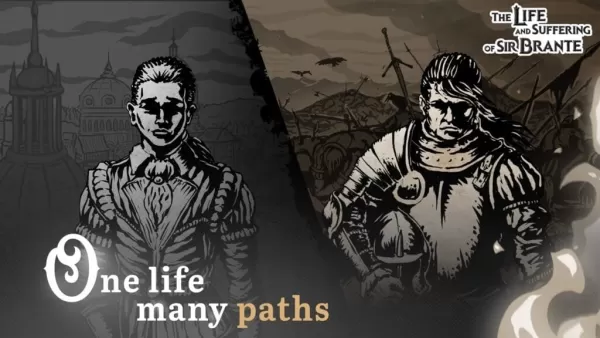"DELTARUNE: Why Spare the Monsters?"
Here is the SEO-optimized and content-polished version of your article, formatted to maintain structure, retain placeholders (like [ttpp]), and enhance readability while ensuring strong alignment with Google's content preferences:
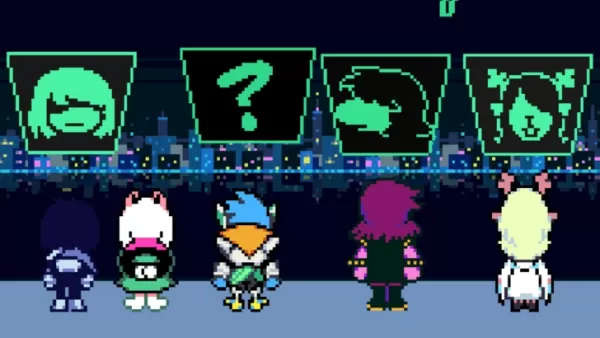
DELTARUNE invites players to explore a world where nonviolence isn’t just an option—it’s a design philosophy. Unlike traditional RPGs that rely on morality meters or branching storylines, DELTARUNE embeds its message in the fabric of the game world itself. Every spared enemy contributes to a richer experience, shaping Castle Town, deepening character arcs, and silently influencing how the narrative unfolds.
← Return to [DELTARUNE main article]
Deltarune’s Quietest System Is Its Most Powerful
Why Sparing Matters
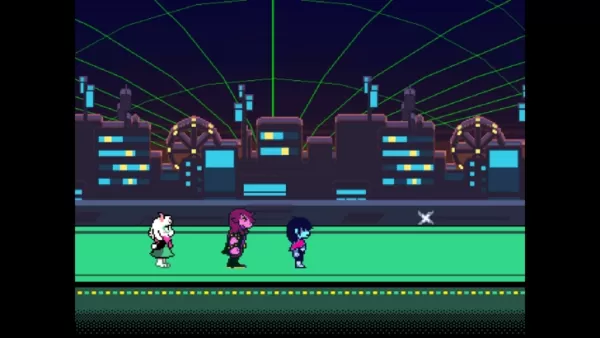
At first glance, DELTARUNE doesn't appear to track player morality in the same way as Undertale. There are no labeled routes or overt consequences for choosing violence over peace. No explicit judgment screens or alternate endings based on combat choices. Yet beneath this surface lies a deeply empathetic system—one that rewards kindness not through metrics, but through memory.
When you spare enemies in DELTARUNE, they don’t simply vanish from the battlefield. They return—alive, aware, and active. Some open shops, others compose music, decorate Castle Town, or offer unique dialogue lines. Each spared monster adds texture to the world, creating a sense of community that grows organically based on your actions.
If you choose not to spare them, those opportunities disappear. The town remains quiet. Characters remain distant. The journey feels more isolated. This subtle system makes sparing not just a gameplay mechanic, but a form of worldbuilding.
Mechanically Speaking
Sparing in DELTARUNE is a mix of observation, timing, and emotional understanding. Through the ACT command, players can address an enemy’s behavior or emotional state. Alternatively, once an enemy’s HP drops below 50%, Ralsei can use the Pacify spell to end the battle peacefully.
Each encounter functions like a puzzle—a blend of empathy and strategy. Those who take the time to solve these puzzles are rewarded with meaningful interactions and evolving narratives.
Some monsters, like Maus or Poppup, may only reappear as background characters. Others, however, become integral to the world’s development. Their presence transforms Castle Town into a living space shaped by the player’s compassion.
In DELTARUNE, the act of sparing isn’t a path to a "better" ending—it’s a path to a fuller one.
Gentle Choices, Gentle Consequences
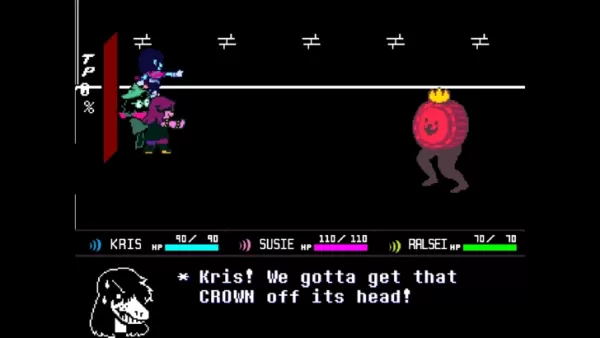
From the very start, DELTARUNE Chapter 1 introduces the tension between action and empathy. Ralsei, the gentle prince of Darkness, guides players toward peaceful conflict resolution using the ACT system. Battles become opportunities for communication rather than confrontation.
Unlike Undertale, where sparing was tied to dramatic story branches, DELTARUNE handles it more subtly. There’s no XP gain from defeating enemies, so there’s no mechanical incentive to fight. Instead, the game gently encourages pacifism through design—rewarding cleverness, curiosity, and care.
Spoiler Alert: Key Payoff in Chapter 1
Choosing to spare every enemy in Chapter 1 has a powerful payoff. When the King of the Card Castle confronts the party, it’s not strength or magic that saves them—it’s the collective will of the spared monsters. They rise up together, overthrowing their oppressor without violence.
This leads to a softer, more reflective ending. Players are allowed to say goodbye to allies like Rudinn, Hathy, and Lancer—creating a moment of closure that contrasts sharply with the rushed escape of a more violent playthrough.
Sparing As World-Building
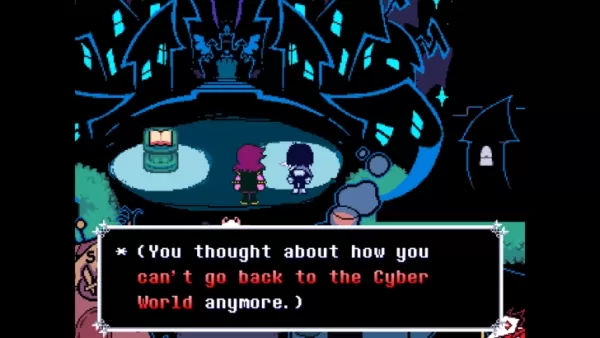
By Chapter 2, the impact of sparing becomes even more tangible. Enemies who were spared earlier can now be recruited back to Castle Town. These aren’t just visual changes—they’re functional ones. Former foes become shopkeepers, decorators, comedians, and familiar faces that enrich the environment.
Castle Town evolves into a vibrant hub, shaped entirely by the player’s choices. Even Queen’s character arc mirrors this theme. Her transition from authoritarian figure to affectionate mentor hinges on her willingness to let go—and by extension, the player’s willingness to show mercy.
The game never forces this choice. But it does remember. If no citizens are spared, Queen retreats to her room alone—an emotionally resonant moment that underscores the cost of indifference.
Notable Recruits
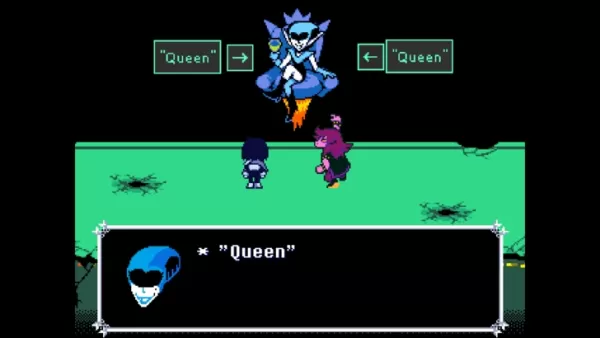
While not every enemy offers deep narrative shifts, several stand out for how their personalities evolve post-sparing.
Sweet Cap’n Cakes
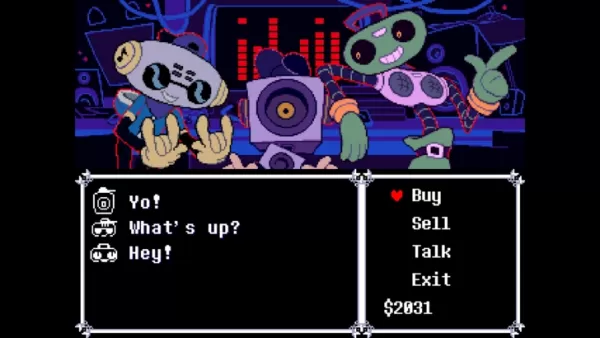
Encountered in the Cyber World, this musical trio heals faster than you can damage them—forcing players to engage creatively. Choosing to dance instead of fight results in a rhythm-based battle. After being spared, they set up a music shop in Castle Town, offering tracks that change depending on how many monsters have been recruited.
Tasque Manager
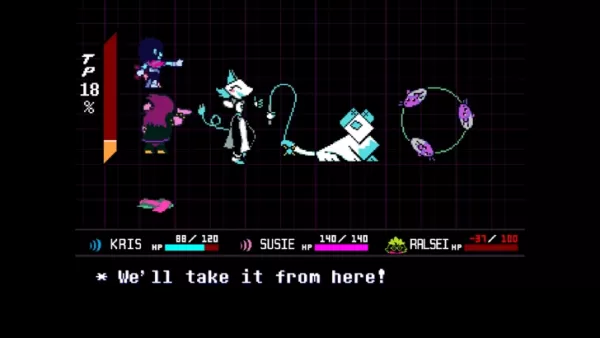
A strict yet stylish overseer, Tasque Manager reacts strongly if any of her subordinates are defeated. She appreciates order and responds best to respectful engagement. Correctly answering her quiz allows immediate sparing, reinforcing the idea that understanding beats aggression.
Werewerewire
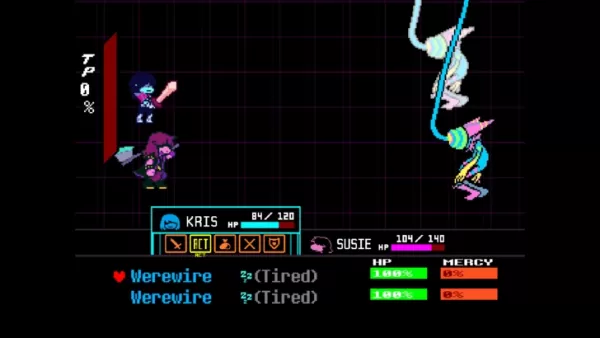
These electric beings respond negatively to violence. Using ACT commands like BeSweet and BeTough gradually earns their trust. One notable line after a successful BeSweet interaction reads:
"You and Ralsei whispered sweetly to Werewerewire! It pretended not to care, but ACTs became more effective!"
These examples highlight how DELTARUNE uses sparing as a storytelling tool, encouraging players to consider the emotional weight behind each decision.
Choosing Kindness In A World That Remembers
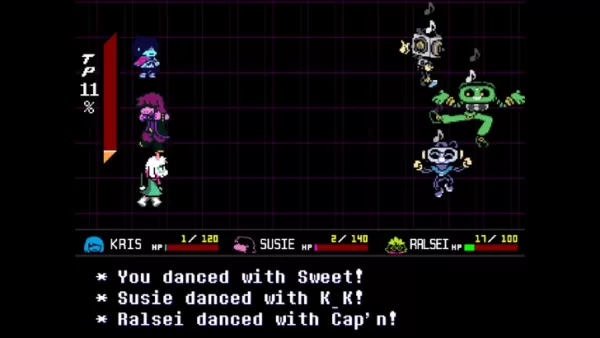
The enemies of DELTARUNE aren’t mere obstacles—they're individuals with quirks, fears, and dreams. Sparing them isn’t about taking the moral high ground; it’s about recognizing their humanity (or monstrosity). Each encounter is a chance to listen, understand, and connect.
Sparing isn’t just a way to win a battle—it’s a way to build relationships, shape environments, and create a lasting legacy in Castle Town.
With DELTARUNE Chapter 3 and beyond still unreleased, the continuity of these choices remains crucial. According to hints from Toby Fox himself, sparing may continue to influence both mechanics and narrative progression throughout the series.
So while DELTARUNE won’t punish you for fighting, it will remember what kind of world you helped create.
Filled with friends, laughter, and stories—or silence, solitude, and missed connections.
You may also like...

-
1
![Roblox Forsaken Characters Tier List [UPDATED] (2025)](https://imgs.ksjha.com/uploads/18/17380116246797f3e8a8a39.jpg)
Roblox Forsaken Characters Tier List [UPDATED] (2025)
Mar 17,2025
-
2
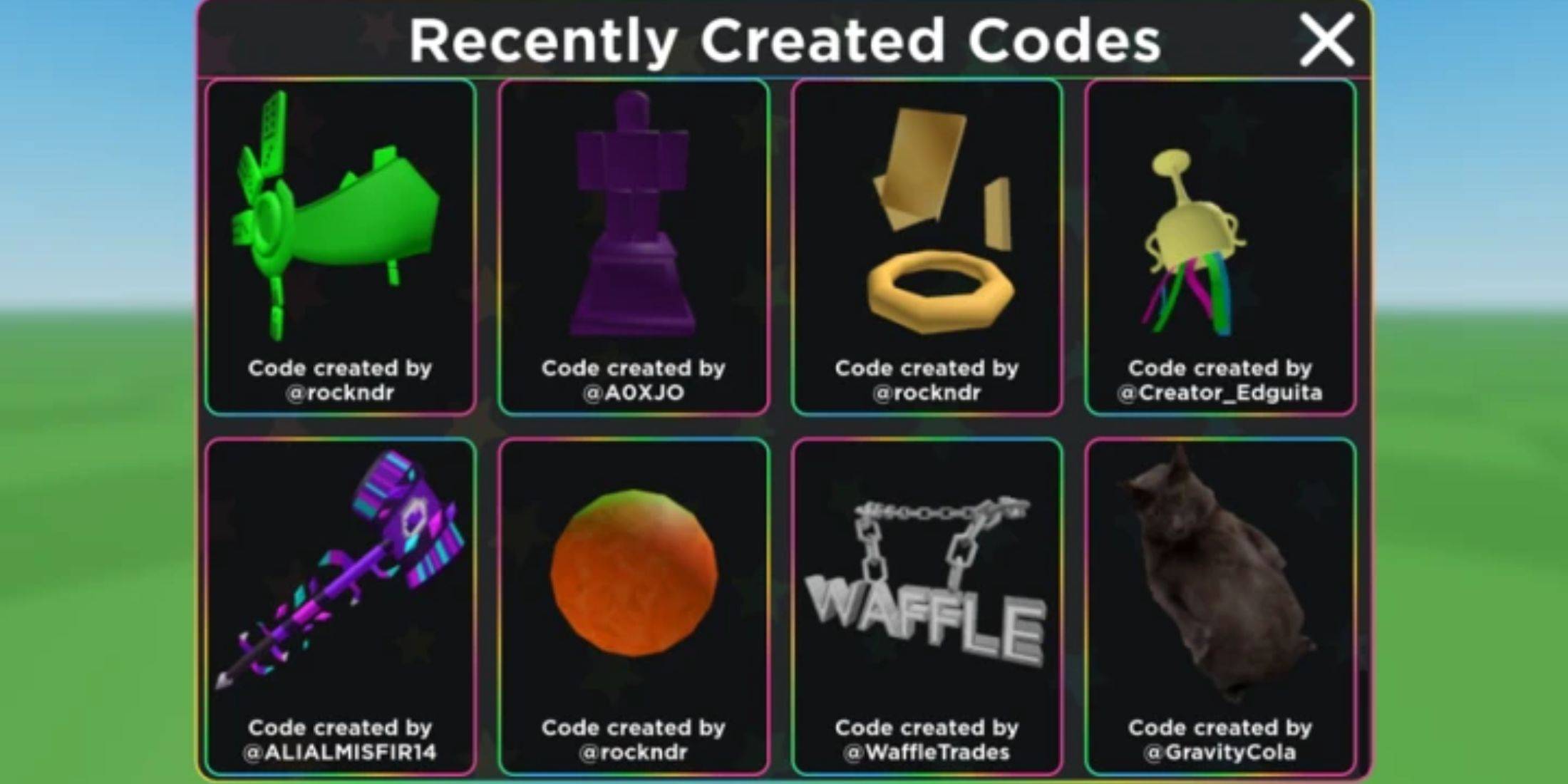
Roblox UGC Limited Codes Unveiled for January 2025
Jan 06,2025
-
3
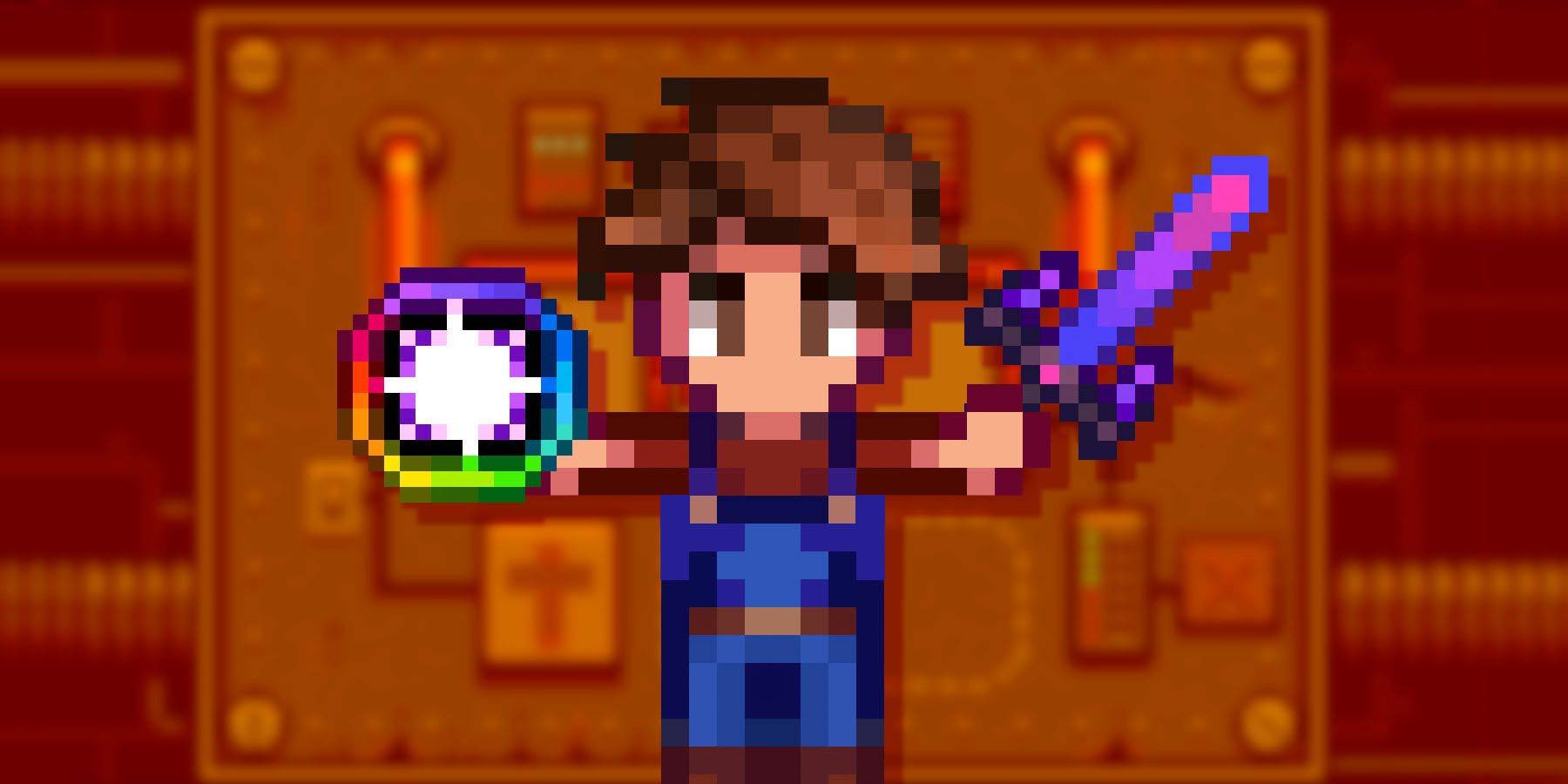
Stardew Valley: A Complete Guide To Enchantments & Weapon Forging
Jan 07,2025
-
4
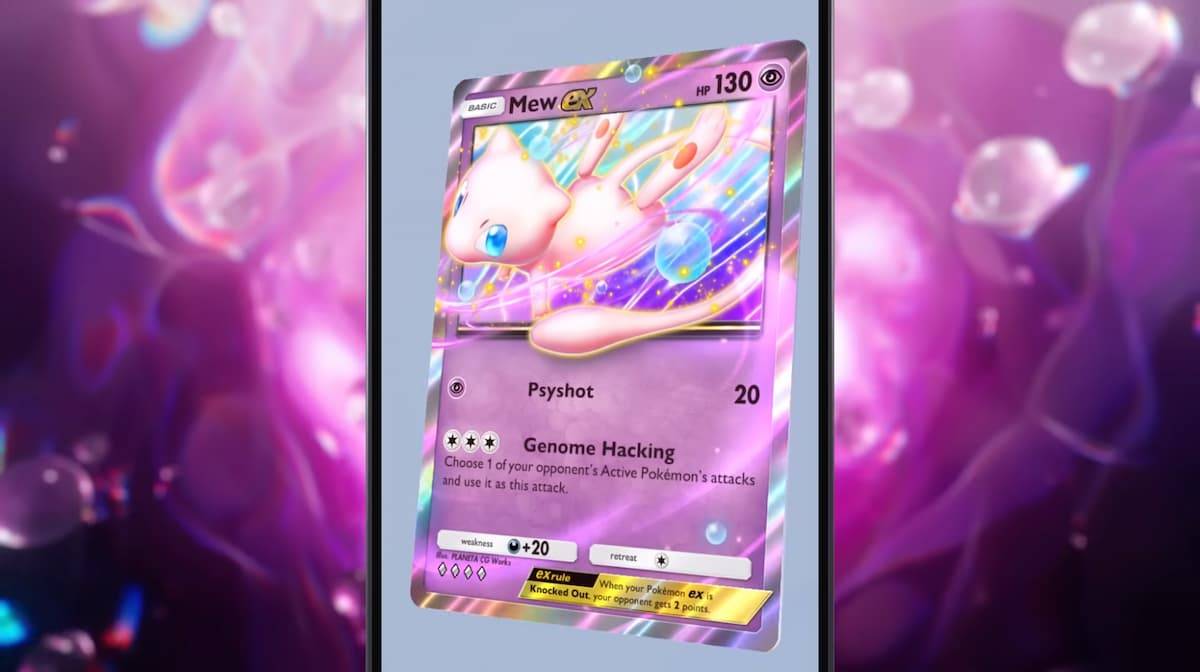
Pokémon TCG Pocket: Troubleshooting Error 102 Resolved
Jan 08,2025
-
5

Free Fire Characters 2025: Ultimate Guide
Feb 20,2025
-
6
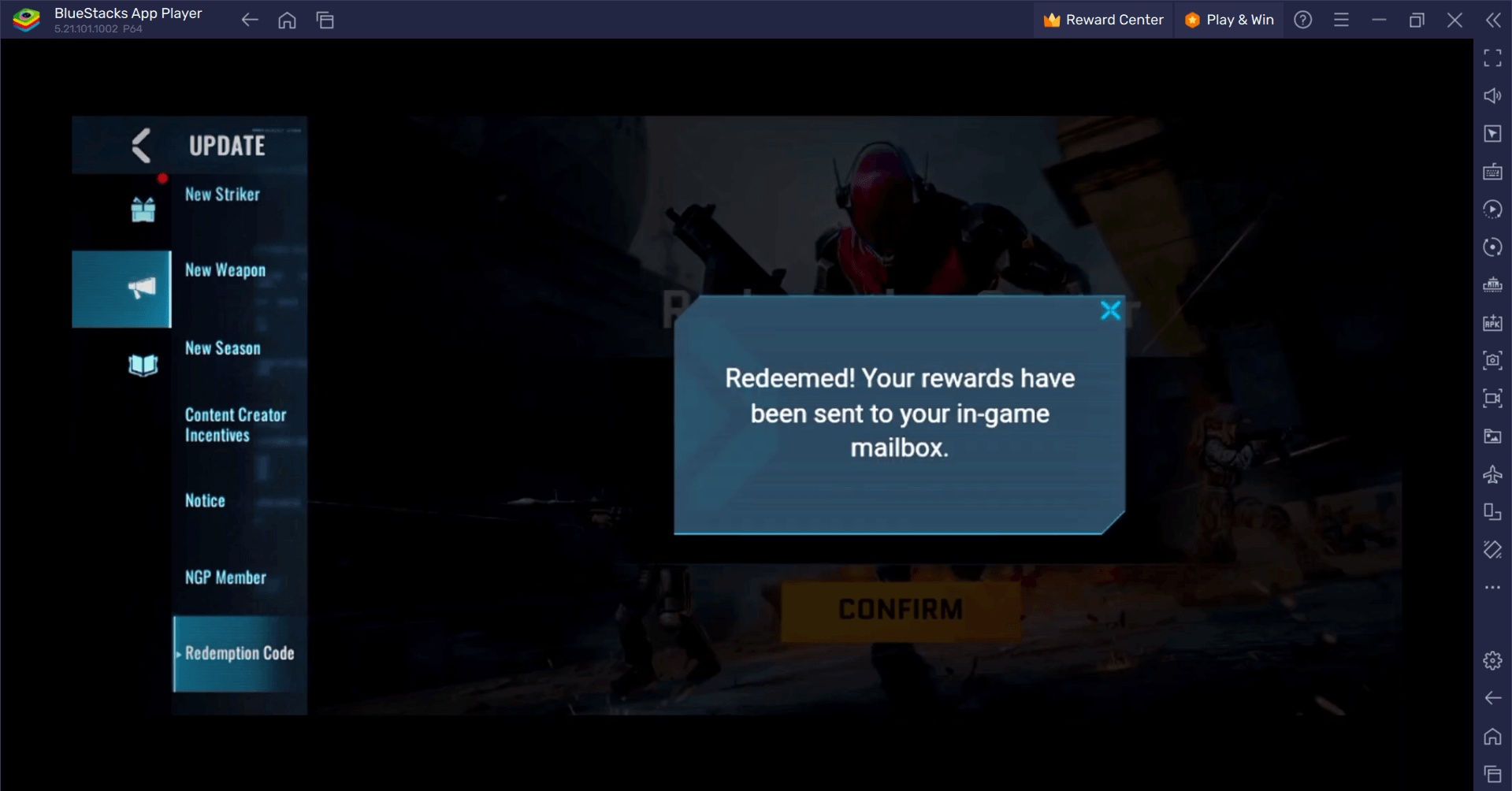
Blood Strike - All Working Redeem Codes January 2025
Jan 08,2025
-
7
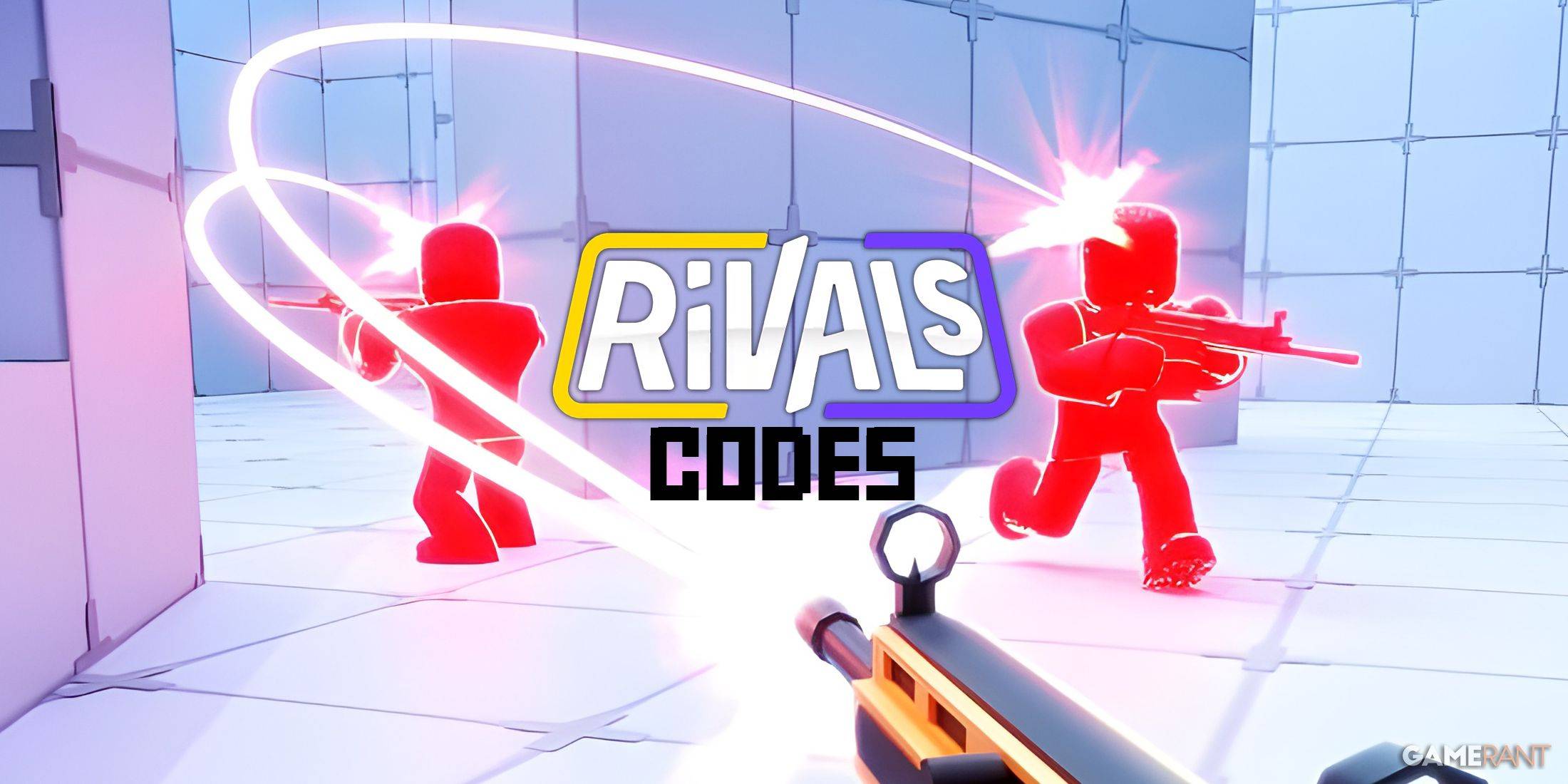
Roblox: RIVALS Codes (January 2025)
Jan 07,2025
-
8

Blue Archive Unveils Cyber New Year March Event
Dec 19,2024
-
9
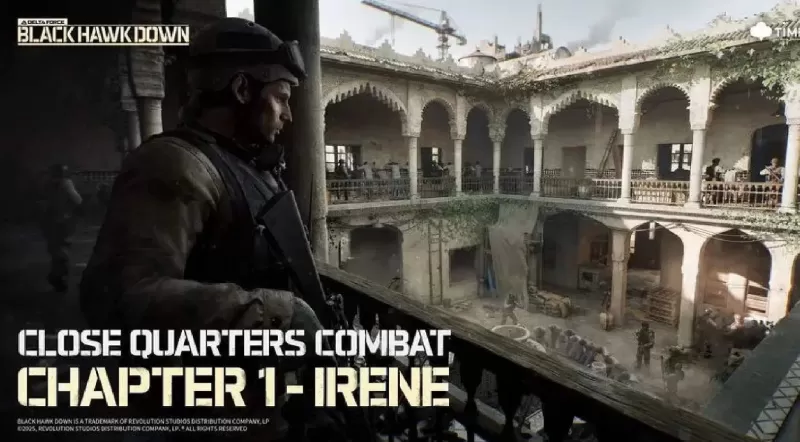
Delta Force: A Complete Guide to All Campaign Missions
Apr 09,2025
-
10

Cyber Quest: Engage in Captivating Card Battles on Android
Dec 19,2024
-
Download

A Simple Life with My Unobtrusive Sister
Casual / 392.30M
Update: Mar 27,2025
-
Download
![Corrupting the Universe [v3.0]](https://imgs.ksjha.com/uploads/66/1719514653667db61d741e9.jpg)
Corrupting the Universe [v3.0]
Casual / 486.00M
Update: Dec 17,2024
-
Download

Random fap scene
Casual / 20.10M
Update: Dec 26,2024
-
4
Ben 10 A day with Gwen
-
5
Oniga Town of the Dead
-
6
Cute Reapers in my Room Android
-
7
A Wife And Mother
-
8
Permit Deny
-
9
Utouto Suyasuya
-
10
My School Is A Harem


